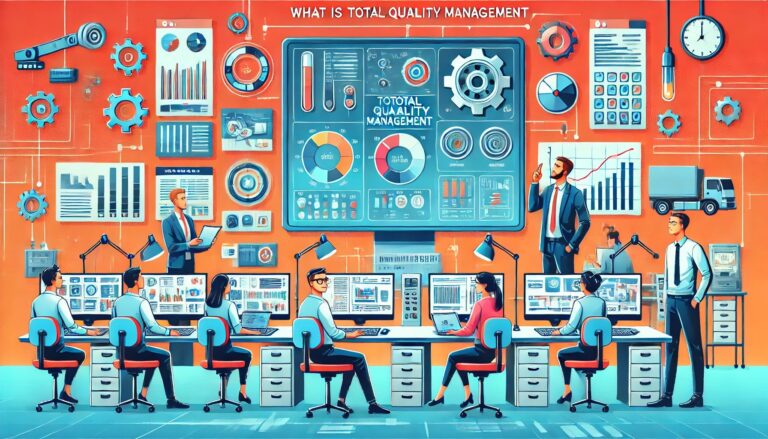Introduction
Inspections are an integral part of the regulatory compliance process in India, and they are conducted by various authorities, including government agencies and private organizations. The objective of an inspection is to ensure that the organization is adhering to the regulatory guidelines and operating in a safe and efficient manner. In this blog, we will discuss the best practices for inspection management in India, taking into consideration the latest regulations and industry trends.
The Importance of Inspection Management
Inspections are an essential component of regulatory compliance and are required for various industries, including pharmaceuticals, food and beverage, healthcare, and manufacturing. The primary objective of inspection management is to ensure that organizations comply with regulatory guidelines and operate in a safe and efficient manner. By implementing effective inspection management practices, organizations can reduce the risk of regulatory non-compliance, avoid penalties, and protect their brand reputation.
Best Practices for Inspection Management
1. Preparation and Planning
One of the critical aspects of inspection management is preparation and planning. Organizations should have a well-defined plan in place to prepare for an inspection, including identifying potential risks and areas of improvement. The plan should also include a review of past inspection reports and corrective actions taken, as well as the appointment of a designated team to manage the inspection process.
2. Documentation Management
Proper documentation management is essential for inspection management. Organizations should maintain accurate and up-to-date records of their operations, including production, quality control, and distribution. They should also ensure that all relevant documentation, such as Standard Operating Procedures (SOPs), batch records, and validation reports, are readily available during inspections.
3. Training and Education
Employees are an essential component of the inspection management process. Organizations should provide regular training and education to employees on regulatory compliance and inspection management. This training should cover topics such as documentation management, handling inspections, and communication with inspectors.
4. Communication with Inspectors
Effective communication with inspectors is crucial for successful inspection management. Organizations should appoint a designated spokesperson to interact with the inspectors and provide them with the necessary information. The spokesperson should also ensure that all queries are addressed promptly and accurately.
5. Corrective and Preventive Actions (CAPA)
Organizations should have a well-defined CAPA system in place to address any observations or non-conformities identified during inspections. The CAPA system should include a root cause analysis, corrective action plan, and preventive action plan to prevent the recurrence of non-conformities.
6. Continuous Improvement
Continuous improvement is an essential aspect of inspection management. Organizations should review their inspection management processes regularly and identify areas for improvement. They should also seek feedback from inspectors and incorporate the feedback into their processes.
Regulatory Landscape in India
India has a complex regulatory landscape, and organizations must comply with various regulations, including the Drugs and Cosmetics Act, Food Safety and Standards Act, Medical Device Rules, and the Environmental Protection Act. The regulatory landscape is constantly evolving, and organizations must stay up-to-date with the latest regulations and guidelines.
Conclusion
Inspection management is critical for regulatory compliance in India. By implementing effective inspection management practices, organizations can reduce the risk of non-compliance, avoid penalties, and protect their brand reputation. Preparation and planning, documentation management, training and education, communication with inspectors, CAPA, and continuous improvement are some of the best practices for inspection management in India. Organizations must also stay up-to-date with the latest regulatory guidelines and industry trends to ensure compliance.








